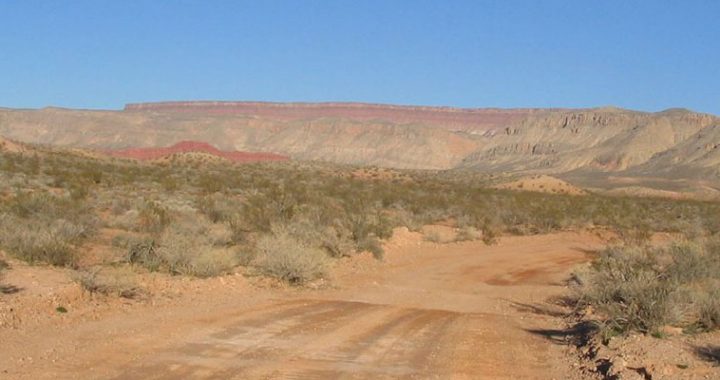July 19, 2020
For I am convinced that neither death, nor life, nor angels, nor rulers, nor things present, nor things to come, nor powers, nor height, nor depth, nor anything else in all creation, will be able to separate us from the love of God in Christ Jesus our Lord. ~ Romans 8:38-39
I did not know how hard it would be to say goodbye. Yet it is harder still when I refused to say it. ~ A grieving widow
This past week I called my friend and colleague Pastor Norman Mark to offer my condolences for his son who passed-away from COVID-19 on Monday, July 13. His son, Olajuwon (OJ) Harry Mark was 34 years old and married with two small children.
OJ’s 9-year old daughter Pearl drew a picture of an angel for the Desert View Funeral Home in Shiprock and wrote beneath the picture, “I love you Dad, I wish you were here.”
Grief and death are universal experiences we all share. They move across cultures, races, and every demographic in our societies. The sting of death can tear us apart with anger, resentment, and bitterness, and the pain of death can draw us together in love, compassion, and empathy.
Life is a journey, a passage, an exodus. We are born and leave the security of our mother’s womb. We go to school and leave home after graduation. We move to new towns and cities. We get married and divorced. We raise children and when they are grown, they leave us for more freedom and space. We lose jobs, retire, and grow older. Henri Nouwen says, “It seems as though we are always passing from one phase to the next, gaining and losing someone, someplace, something.”
As Henri Nouwen says, “We live all these passages in an environment where we are constantly tempted to be destroyed by resentment, by anger, and by a feeling of being put down. The losses remind us constantly that all isn’t perfect, and life doesn’t always happen the way we expected.” It is so difficult to “walk through the valleys” or the dark passages in life.
What do we say to a little nine-year old girl whose dad dies so young? What do we say to a young widow with two girls to raise? What do we say to parents who outlive their children?
Pastor Norman gave Jean and I directions to the funeral site. “Just head towards our house. Go down the hill and cross the wash. You’ll see us.” Norman was right. We arrived early and saw three trucks, a couple of tents, a backhoe, and a water truck at the family plot in Diwoozhibikooh, Utah, near the historic Hatch Trading Post.
The community was getting things ready for the funeral. Three young men were digging the grave with the backhoe and by hand when necessary. A pastor from a neighboring church was setting up tables and chairs for the community meal afterwards. A man sprayed water from a truck to settle the dust. Women worked to prepare the comfort meal.
Nouwen writes that as a community “we support one another through the passages of life, and together we grow in love.” Maybe what we say when someone is walking through the valley is not as important as what we do. “In our passages and our loses we learn to love each other as spouse, parent, brother, sister, friend, or neighbor.” We draw together in love to share the pain of the journey.
Is this enough? Is the gift of sacred community enough to lead us through difficult passages? Even death?
The funeral on a small bluff in the high desert surrounded by red rock escarpments, sun, sand, and community, was a movement. OJ’s friends spoke about their childhood adventures together, the hopes, dreams, and tears they shared with one another. We laughed; we cried. Then, after all the holy words and sacred songs were shared, the funeral director lowered the casket into the ground. A few of OJ’s friends started their motorcycles for their last ride together. Pastor Norman told us, “OJ told me before he died that he wanted to go home. Now he is.”
One by one, members of the community walked by OJ’s grave and placed a small handful of dirt on his casket as an offering. Then OJ’s friends, in an act of devotion, took shovels and filled his grave in with sacred dirt. When they tired, other members of the community took the shovels and finished the holy task. In the end, the community lovingly placed flowers on OJ’s grave. Everyone participated.
Grief touches us all and there is no easy way through it, but “in our brief lifetimes we have the opportunity to receive love, deepen love, grow in love, and give love,” writes Nouwen. Community rooted in compassion guides us through the difficult passages in life, and OJ’s community loved and supported him throughout his life. I am confident that they will continue to love and care for his family.
May we live in hope trusting that nothing, not even death, can separate us from the love of God.
May we embrace and nurture the gift of beloved community.
May we support one another through all of life’s passages.
May we walk through the valley of the shadow of death.
May God restore our souls.
Blessings and peace,
Craig
Note: I wrote this reflection on OJ’s funeral with permission and blessings from Pastor Norman.

